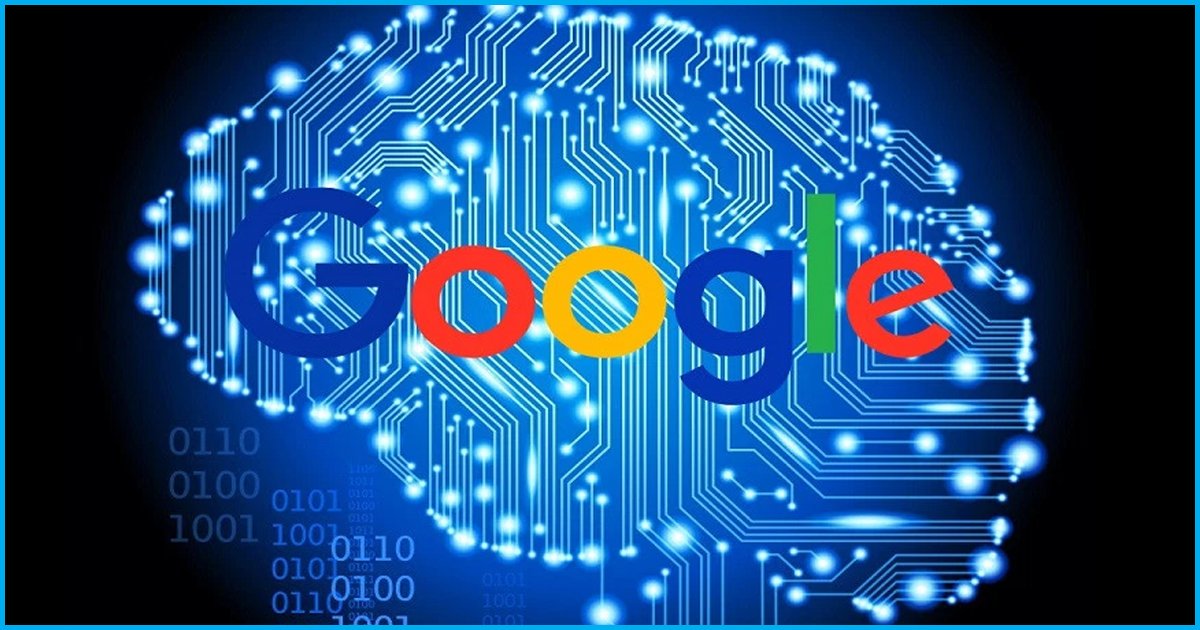
Google Unveils Artificial Intelligence That Learns And Creates Knowledge On Its Own, Know About It
19 Oct 2017 11:33 AM GMT
Google’s artificial intelligence group DeepMind, has unveiled the latest incarnation of its Go-playing program, AlphaGo Zero- an AI so powerful that it derived thousands of years of human knowledge of the game before inventing better moves of its own, all at a pace of three days, said a report by The Guardian.
The AI program has been named AlphaGo Zero, it has been hailed as a major advance because it mastered the ancient Chinese board game from scratch, with no human beyond being told the rules. It was pitted against the 2015 version, which defeated Lee Seedol, the South Korean Go grandmaster. The AlphaGo Zero won 100 to 0.
Google’s DeepMind AlphaGo program, the 2015 version triumphed in its final game against Lee Seedol to win the series 4-1, providing further evidence of the landmark achievement for an artificial intelligence program.
Go is a strategy-led board game in which two players aim to gather and surround the most territory on the board. This game is said to require a certain level of intuition and can be considerably more complex than chess. Many believed it could be never cracked by a machine.
What is AlphaGo Zero?
AlphaGo is an artificial intelligence program which is developed by DeepMind. DeepMind was taken over by Google and now it is a part of Alphabet. Unlike other AIs, that are often described as “narrow” since they can perform only a single task like translating a language or recognising faces, Google’s DeepMind is a general-purpose AI which can potentially outperform humans at many different levels.
Being one’s own master
Thousands of years of human information has been learned and surpassed by the world’s smartest computer in just 40 days, a breakthrough hailed as one of the greatest advances ever in artificial intelligence. Even more impressive, the program also discovered novel combinations of moves which were previously unknown to humanity. Its algorithms had independently developed principles that took players thousands of years to discover.
Previous versions of AlphaGo however, had learned the tricks of the game by tracing the games of thousands of strong human amateurs and professionals. AlphaGo Zero had no such help. It learned purely, by playing itself million times over.
Lead researcher David Silver said that the program signals a big step for computers being able to learn without the need of any human input. AlphaGo was so effective as it had been programmed with millions of moves of past masters, it could predict its own chances of winning, adjusting the game-plan accordingly. In three days, it has defeated all versions of AlphaGo and had its own genuine moments of creativity.
This feat is a milestone on the road to general-purpose AIs that can do more than thrash humans at board games. AlphaGo Zero can learn on its own, right from a blank slate. Its exceptional capacities can now be turned to a host of real-world problems.
At DeepMind, which is based in London, AlphaGo Zero is now working out how proteins fold, a massive scientific challenge which could give drug discovery, the much-needed push.
Demis Hassabis, the CEO of DeepMind and researcher in the team said, “For us, AlphaGo wasn’t just about winning the game of Go, it was also a big step for us to build general purpose algorithms.” AlphaGo Zer’s capabilities liberate artificial intelligence from the limits human knowledge in areas beyond board games. It could potentially be used to great effects in tackling diseases like Alzheimer’s, Parkinson’s and Cystic Fibrosis. The computer could be a blackboard to test some of the theories.
Should we be scared?
Despite numerous predictions, that it could lead to the downfall of humanity, tech giants are continuing heavily to invest in AI. Now, the AI has continued on its ruthless streaks and it opts for highly aggressive strategies when it is in fear of losing, said a report by The Express.
In the latest tests, two DeepMind agents were tasked with playing the Gathering, in this case where two computers play against each other to gather the most number of apples. The AI began to operate smoothly when there was enough number of apples, but as the numbers became sparse, the DeepMind systems began using laser beams, or tagging or knocking one another out, ensuring they could collect the apples.
Joel Z Leibo, who is a part of the DeepMind team told, “This model shows some aspects of human-like behaviour emerge as a product of the environment and learning. The greed motivation reflects the temptation to take out a rival and collect all the apples oneself.”
Engineer and futurist Mark Pesce from the University of Sydney said that the AlphaGo Zero is surely a huge technological advancement. It is just not the computer doing this. It is us designing the computer which does this. So definitely it is a partnership between the human and the computer, and it is not the rise of the terminator.
 All section
All section













